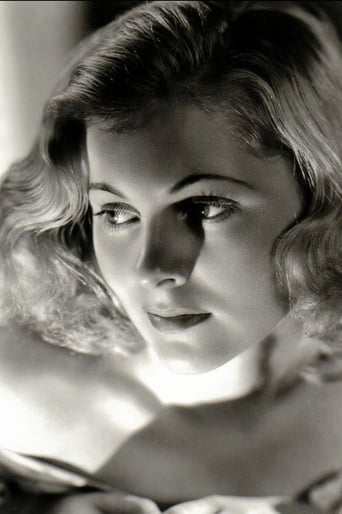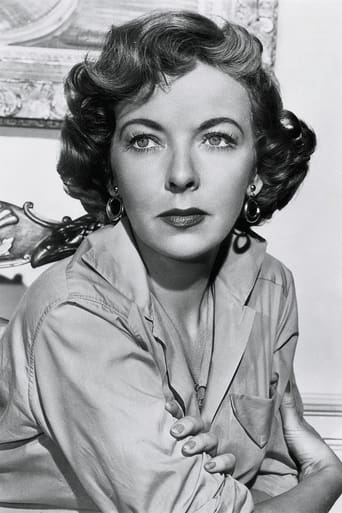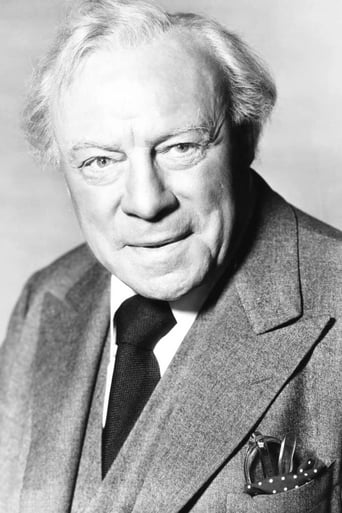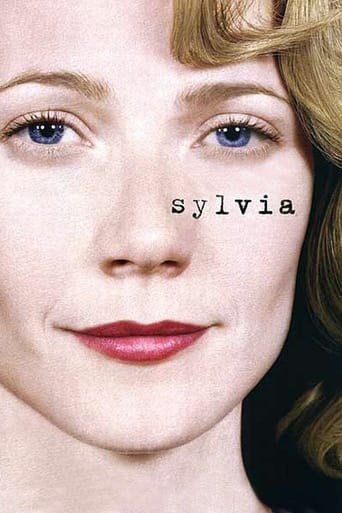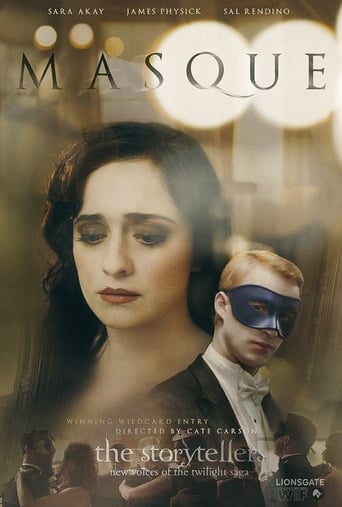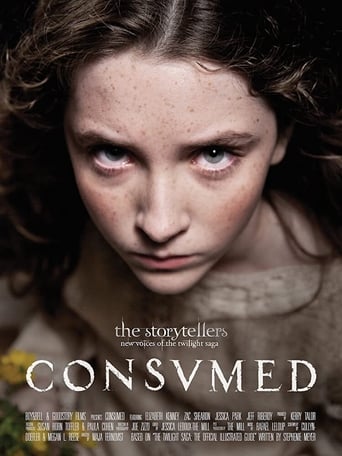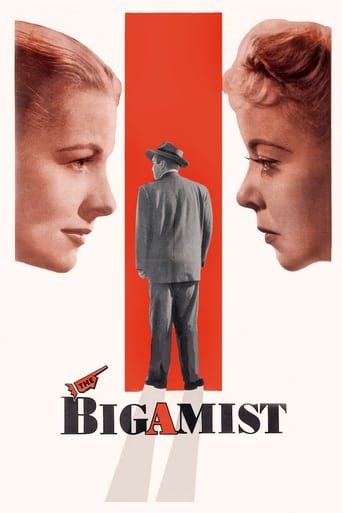
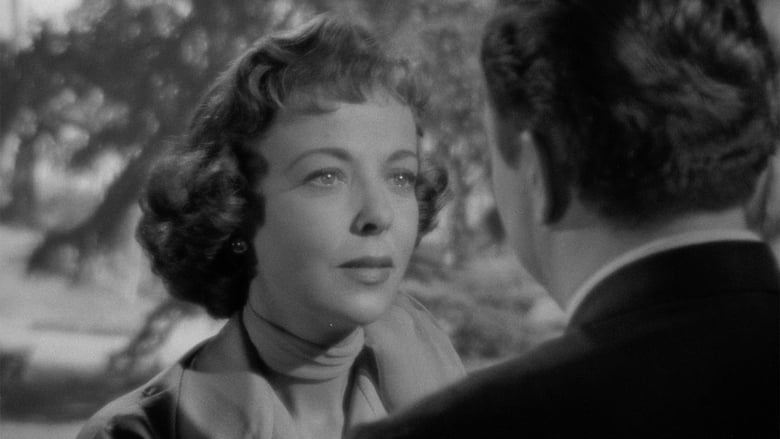
 Watch Now
Watch Now





The Bigamist (1953)
 Watch Now
Watch Now





San Francisco businessman Harry Graham and his wife and business partner, Eve, are in the process of adopting a child. When private investigator Mr. Jordan uncovers the fact that Graham has another wife, Phyllis, and a small child in Los Angeles, he confesses everything.
Watch Trailer
Cast


Similar titles
Reviews
Excellent, Without a doubt!!
Fun premise, good actors, bad writing. This film seemed to have potential at the beginning but it quickly devolves into a trite action film. Ultimately it's very boring.
An old-fashioned movie made with new-fashioned finesse.
By the time the dramatic fireworks start popping off, each one feels earned.
Talk about Your Touchy Subjects. With the Production Code still in Full Force, and the Conservative 1950's Unfolding, Movies were not about Bigamy, Out of Wedlock Babies, and Career or Working Women as Equals.So, Hollywood's Maverick Woman Director, Ida Lupino, goes even more Rogue with this, a Story about a Man who Impregnates another Woman Besides His Wife (who can't get pregnant), decides to Marry Her too and thus begins a Tale of the Not Spoken.A Strong Cast does what it can within the Confines of what was Considered Good Taste for the Time, and Pulling Back where it Counted so it could be Distributed in "Respectable" Neighborhoods, and the Independent Production Delivered a Thought Provoking Slice-of-Life Gut-Wrenching Melodrama.A Commendable and Well Done little Film Featuring Lupino, Edmond O'Brien, Joan Fontaine, and Edmund Gwynn. Certainly Worth a Watch to View what was an attempt to make a Mature, Adult Oriented Film. A Gutsy, Noble Effort from All Involved.
Certainly melodramatic in spots, but overall a great, absorbing drama from actress-turned- director Ida Lupino (who takes on both duties in this picture). In some ways, the story seems like a clever re-working of Hawthorne's 'The Scarlet Letter.' Only this time the adulterer is male (and nicely played by Edmond O'Brien) and the indiscretions are not made public but kept private. As the plot unfolds, we watch the ramifications of his actions play out. We quickly learn that he has married two women in two different towns, with each one unaware that the other wife exists. They gradually come to the realization that their husband is a bigamist, and evolve from naive to more knowledgeable-- perhaps emerging stronger because of it. Lupino and costar Joan Fontaine give impressive performances as the wives, and it is not easy to decide which one deserves to keep O'Brien before the final fade out. It's that kind of triangle. Enlivening the proceedings are some of the era's best character actors: Jane Darwell as a cleaning lady; and Edmund Gwenn as a social worker who catches on to O'Brien's duplicitous ways.
I have to give director Ida Lupino quite bit of credit for the way in which she handled what some directors might have made very sensationalistic. Instead, she directs this with restraint, seemingly saying that normal people do things that are not necessarily accepted...it just happens.The cast does a fine job here. Edmond O'Brien comes across as a sort of "every man", as the traveling salesman who has 2 wives. Joan Fontaine is wife #1, and she and O'Brien are trying to adopt a child. Along comes Edmund Gwenn, as the head of the adoption agency, who has a hunch something is wrong, and discovers the bigamy. Gwenn had the ability to play both heavies and beloved figures...here, it's sort of in-between as he refuses to make another mistake in assigning a child; he's very good here, as he discovers wife #2 -- Ida Lupino, who seems very real and likable, despite the situation. The wonderful Jane Darwell has a minor part as a custodian. Interstingly, Lillian Fontaine -- mother of Joan Fontaine and Olivia DeHavilland -- has a small part as the owner of a boarding house.Ida Lupino, who directed, certainly did have a subtle sense of humor. Early on in the film, Joan Fontaine referred to Edmund Gwenn's character as seeming like Santa Claus (and as you may remember, he indeed did play Santa Claus in "Miracle On 34th Street" six years earlier. And during the bus tour, they show the houses of (among others) Jack Benny, Jimmy Stewart...and Edmund Gwenn! A negative about this film probably has to do with...well, the negative. This film was produced by the production company that Ida Lupino and her husband (Collier Young) formed. Their budgets were thin, but the topics dealt with popular social issues. Lupino herself directed all 6 films made by The Filmmakers company. The films were distributed by RKO. The company folded after this film. The print used on TCM for this (and several of the other The Filmmakers films) is not in particularly good condition. I imagine that is because the negatives/prints were not kept to the higher standards of the large studios. It's not uncomfortable to watch, but in some spots the quality of the negative is a little distracting.I wasn't totally pleased with the ending of the film. What happens to each of them...particularly the women...and children. And who does he come back to after prison? If anyone. Too many loose ends to be totally satisfying, but nevertheless, a well done film.
The film starts with a husband and wife, Harry (Edmond O'Brien) and Eve (Joan Fontaine), going through the procedure of adopting a child with adoption official Mr Jordan (Edmund Gwenn). Mr Jordan senses something strange about the behaviour of Harry and so investigates his past which takes him to Los Angeles where he discovers that Harry uses a different name and has another wife Phyliss (Ida Lupino) and child. The main bulk of the film is told in flashback as Harry explains the circumstances to Mr Jordan. At the end, we are left to decide who, if any, of the women will stand by him as a judge announces that sentence will be passed in a week's time.....The film plays out so that you are sympathetic to all 3 major stars - O'Brien, Fontaine and Lupino - and has an ambiguous ending to some. I find that the ending is clear as the final shot says it all. From the beginning, I thought that Mr Jordan was suspicious for no good reasons and that his delving into the past as he did was unrealistic. We are led to believe that he had made a mistake in the past to explain his thoroughness, but he was still a jobsworth to the power of a million. I didn't like him! When Harry goes on a Beverly Hills tour of houses of movie stars (where he meets Phyliss), we are shown the house of Edmund Gwenn, who plays Mr Jordan in the film. Harry should have stopped the bus and torched the place! I think the film needed more excitement but its OK.


